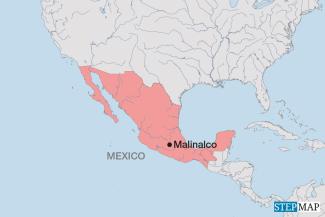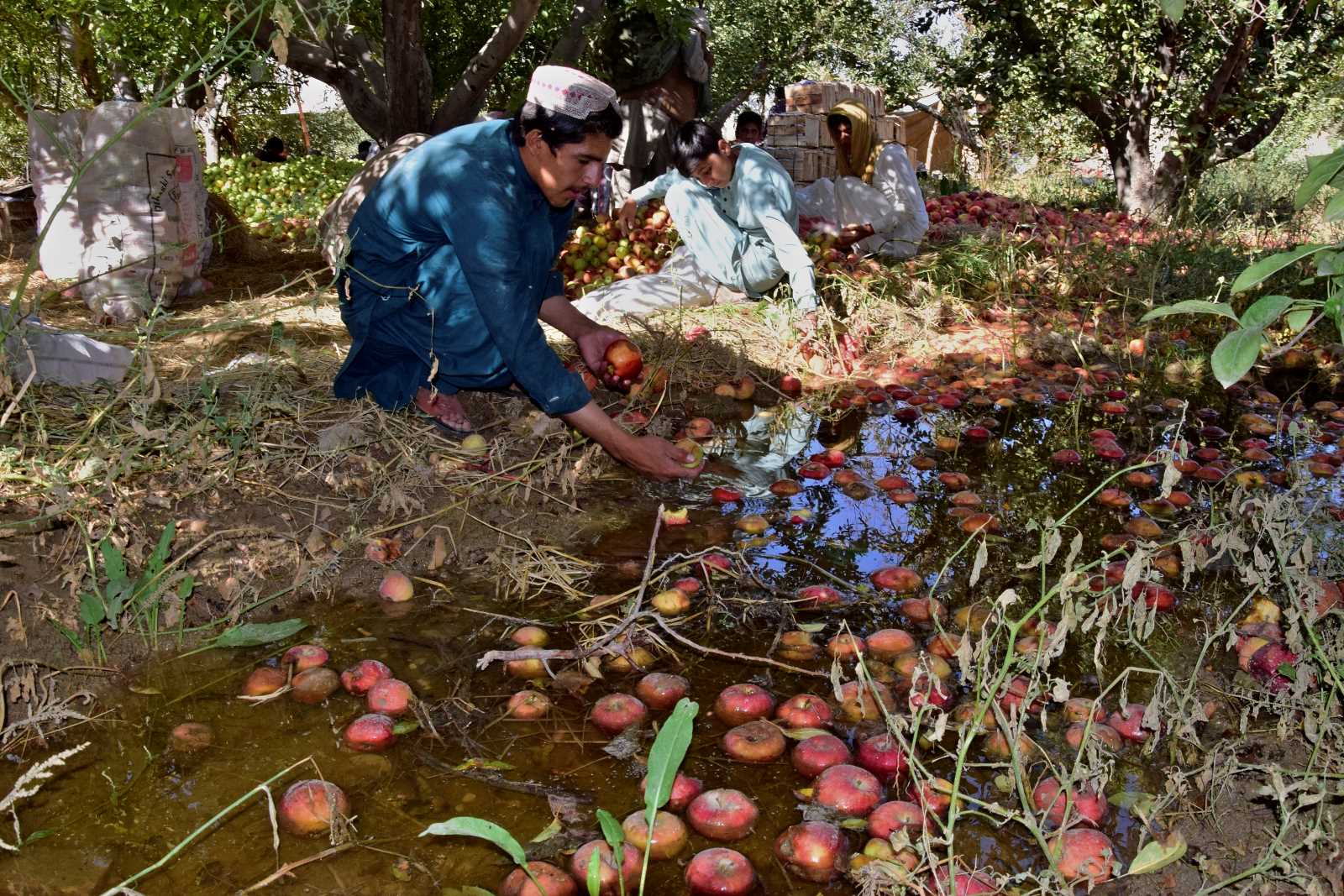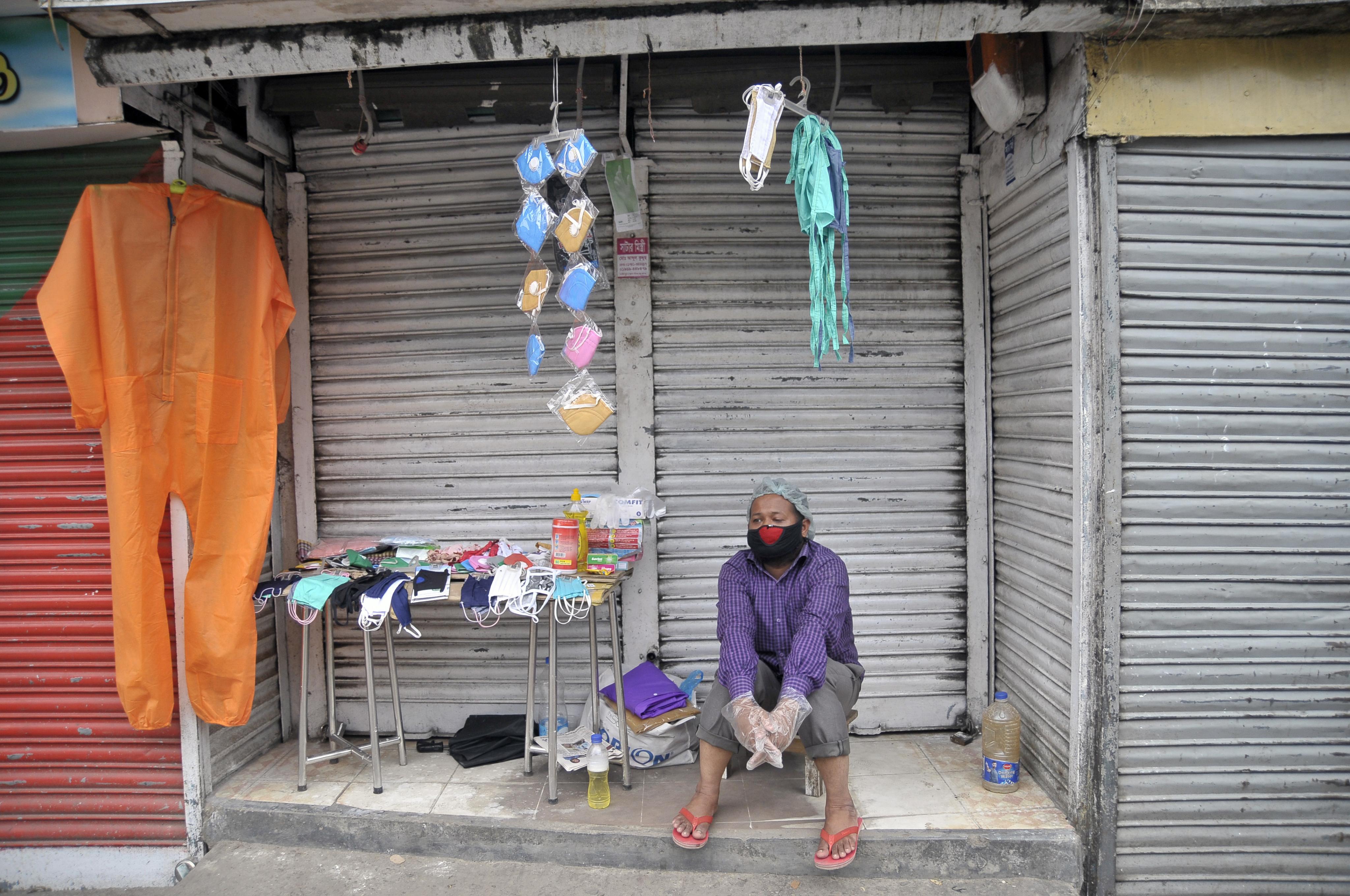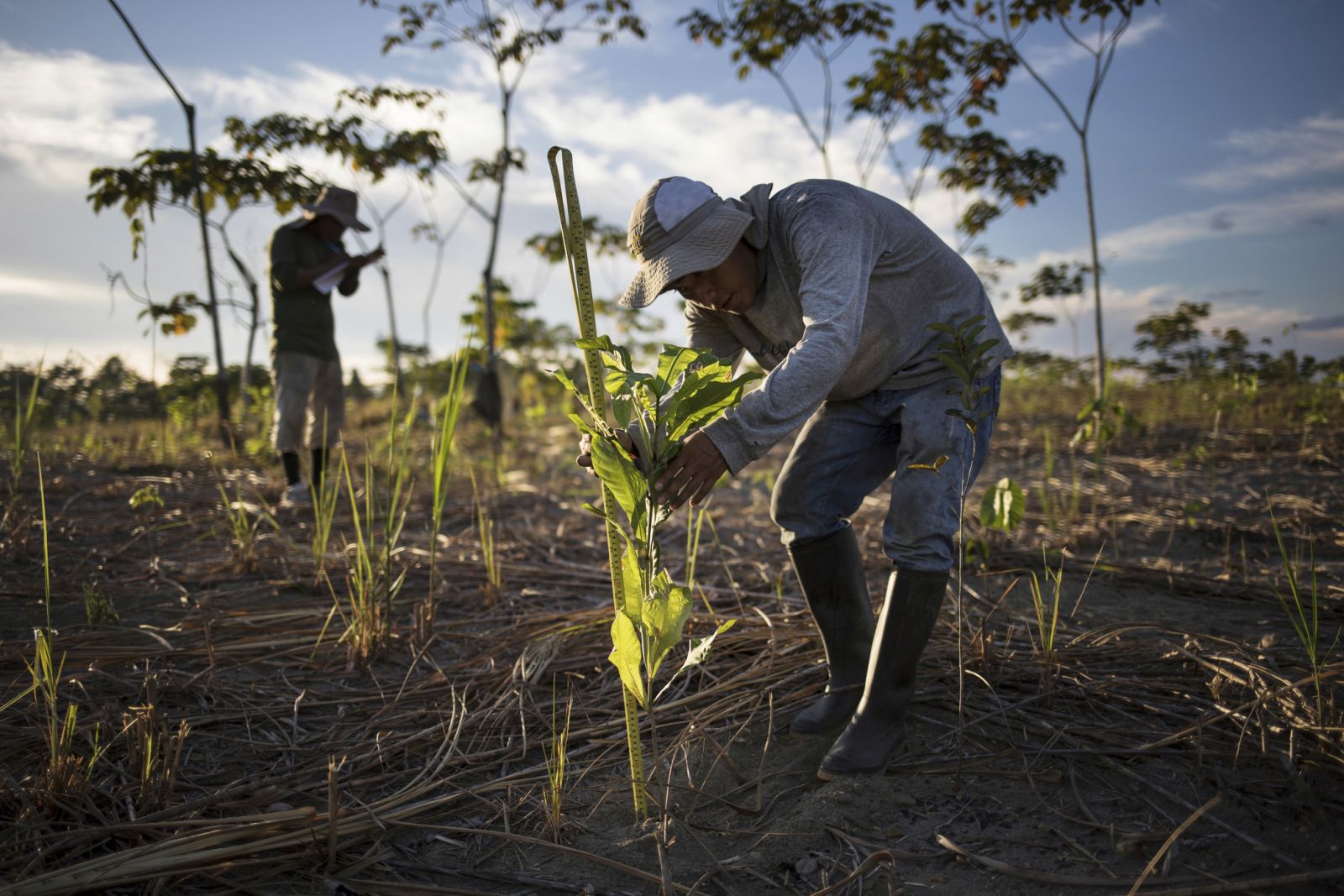Eco-techniques
Cooking without harming health and the environment

Since 2017, the project of the civil-society organisation Fundación Comunitaria Malinalco, located in the southwest of Mexico, has managed to build 30 stoves known as “Tlecuil Alessia”. The main aim of these stoves is to avoid smoke in the kitchen and with this, avoid respiratory and eye illnesses. Using it represents a saving of 40 % of the firewood consumed in an open fire and reduces household fuel collection time.
With 28,000 inhabitants and limited infrastructure, more than 30 % of Malinalco’s population lives in homes without ovens, using firewood for cooking. This increases the development of respiratory ailments, severe burns, eye damage and excessive deforestation. This problem affects women the most.
The wood-saving stove project has succeeded in linking women to share knowledge, stories and recipes from one community to another. “The majority of the participation in the project comes from the women, who build their own Tlecuil, learn about construction techniques, and at the end of the day they are the ones who are going to use them,” says Adrián Brito, environmental culture coordinator at Fundaci´on Comunitaria Malinalco.
After mapping and participatory dialogues, the strategy has been extended to strengthen rural schools enrolled in the Mexico state’s “Desayuno Escolar Caliente” (Hot School Breakfast) programme. This programme aims to address food insecurity and child malnutrition in the state, where 33.5 % of Malinalco’s population lacks access to nutritious and quality food.
According to official data, eleven rural schools are enrolled in the programme in Malinalco. The programme operates through the creation of School Breakfast Committees made up of mothers. They prepare the daily breakfast, saving food expenses for their children.
Esther, who is one of the women benefiting from the programme, mentions that the eco-technique improves her quality of life. On the one hand, by not breathing the smoke that comes out of the stove. On the other hand, “for environmental reasons, we would burn less wood. Instead of making about 10 loads, we would make about two,” which means savings for the family economy.
Through an environmental culture programme, the community foundation was able to raise awareness among 78 students in fifth and sixth grade. Likewise, 17 parents who are part of the committees of the state’s programme participated in the construction of four wood-saving stoves in the rural communities of Palmar de Guadalupe, Pachuquilla, Noxtepec de Zaragoza and Santa Maria Xoquiac. These communities are located close to important forest areas where logging is uncontrolled.
The project has been successful in schools by involving children in knowledge and appropriation of eco-techniques. There are seven remaining elementary schools enrolled in the Desayuno Caliente programme. Fundación Comunitaria Malinalco hopes to generate new proposals to follow up on the stoves by incorporating the educational component of eco-technology in primary schools.
Pamela Cruz is the Special Projects Coordinator at Comunalia, a network of community foundations in Mexico.
pamela.cruzm@gmail.com














